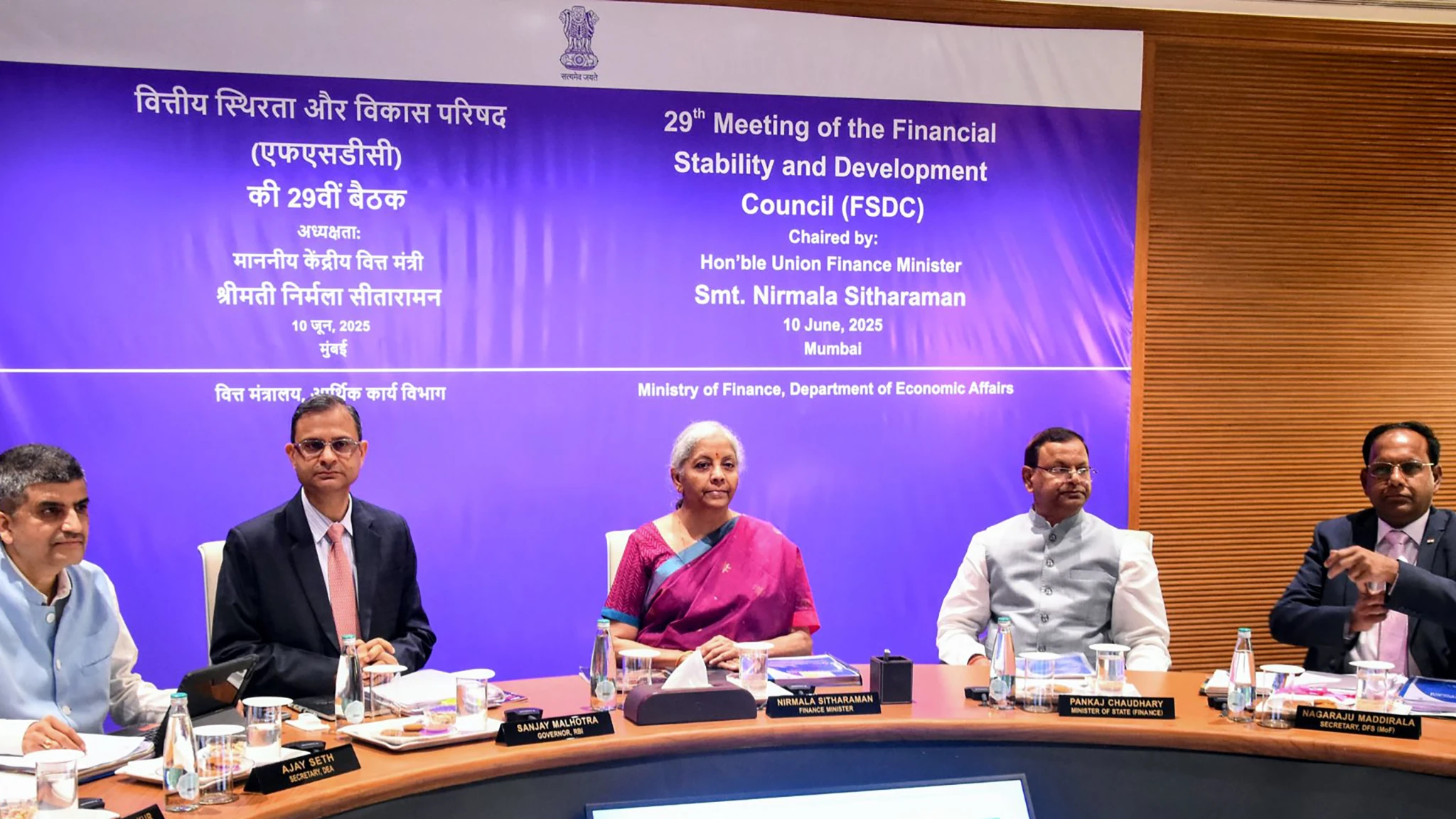US embraces digital assets
In a move that has sent ripples across the globe, former US President Donald Trump has announced the establishment of a strategic cryptocurrency reserve for the United States. This bold decision, encompassing major cryptocurrencies like Bitcoin, Ether, XRP, Solana, and Cardano, marks a significant shift in the US stance towards digital assets. Trump’s social media pronouncements underscored his commitment to making the US the ‘Crypto Capital of the World,’ effectively legitimising cryptocurrencies within the country’s financial framework. The immediate market reaction was explosive, with XRP soaring 33 percent and other cryptocurrencies experiencing substantial gains. This move is widely perceived as a watershed moment, potentially paving the way for broader global acceptance and regulation of cryptocurrencies.
India’s cautious approach
For India, which has been treading cautiously in the crypto space, this development could be a game-changer. While cryptocurrency trading volumes in India have been on the rise, reaching $1.9 billion in the last quarter, regulatory clarity has remained elusive. The Indian government has, so far, adopted a wait-and-see approach, primarily focusing on taxation rather than comprehensive regulation. Trump’s decision might just be the catalyst India needs to formulate clearer guidelines for taxation, trading, and institutional investment in cryptocurrencies. With traders increasingly gravitating towards crypto’s volatility and leverage, the need for a robust regulatory framework is becoming ever more urgent.
Green finance gets a boost
Interestingly, as the crypto world witnesses a potential regulatory overhaul, India’s green energy sector is also gaining momentum. Power Finance Corporation Ltd. (PFC), a state-owned lender, has refinanced a substantial $1.06 billion loan for Adani Green Energy. This 19-year fixed-rate loan, PFC’s largest in the renewables sector, highlights the lender’s growing commitment to green finance. This is particularly significant given Adani Group’s recent challenges in securing offshore funding. As India aims for net-zero emissions by 2070, requiring trillions in investment, the role of state-owned entities like PFC in bolstering the renewable energy sector becomes crucial. This deal signals a positive trend for green investments in India, even as global financial landscapes shift.
Will India seize this moment to define its crypto regulations and further fuel its green energy ambitions? The next few months will be critical in observing how these global and domestic developments shape India’s financial future.










Leave a Reply